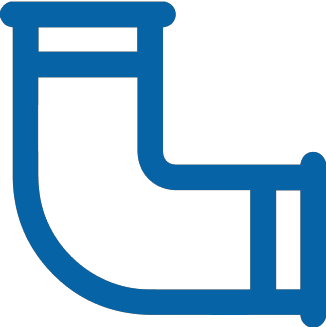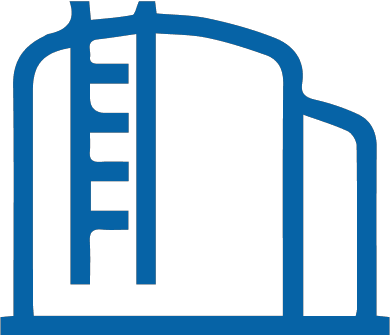Polyurea is widely regarded as the best basement waterproofing solution on the market, and for good reason. It offers a number of distinct advantages over traditional methods such as epoxy coatings or concrete sealers. Polyurea provides superior protection from water infiltration, while also providing unparalleled durability and strength to ensure that your basement remains dry and safe.
One of the main benefits of polyurea is its fast application time. Traditional methods can take days or even weeks to properly apply, but with polyurea a single technician can typically complete an entire basement waterproofing job in under one day. This makes it a great option for those who want to make sure their basements are protected without having to wait around for lengthy periods of time.
Another major advantage of polyurea is its flexibility. Unlike some rigid materials, polyurea can be applied in multiple layers and forms, allowing you to create a customized solution that’s tailored to meet your specific needs. Whether you need extra protection against humidity or require a method that will protect against extreme temperatures, polyurea can provide added peace of mind that your basement is safeguarded no matter what mother nature throws at it.
In addition to its versatile applications, polyurea also boasts superior durability and strength – something traditional solutions simply cannot match up to. This makes it especially ideal for basements located in regions prone to flooding or other harsh weather conditions as it won’t crack or chip under pressure like other materials might. What’s more, because it doesn’t require any maintenance once applied, you won’t have to worry about regular upkeep like you would with other options like epoxy coatings or concrete sealers.
Finally, when compared against other alternatives available today, polyureA typically costs much less than most other options – making it an affordable solution for homeowners looking for effective waterproofing solutions without breaking the bank in the process. With its unbeatable combination of speed of application, flexibility of use, superior durability and low cost – there’s no better option than polyureA when it comes to protecting your basement from water infiltration and ensuring lasting structural integrity over time.







































